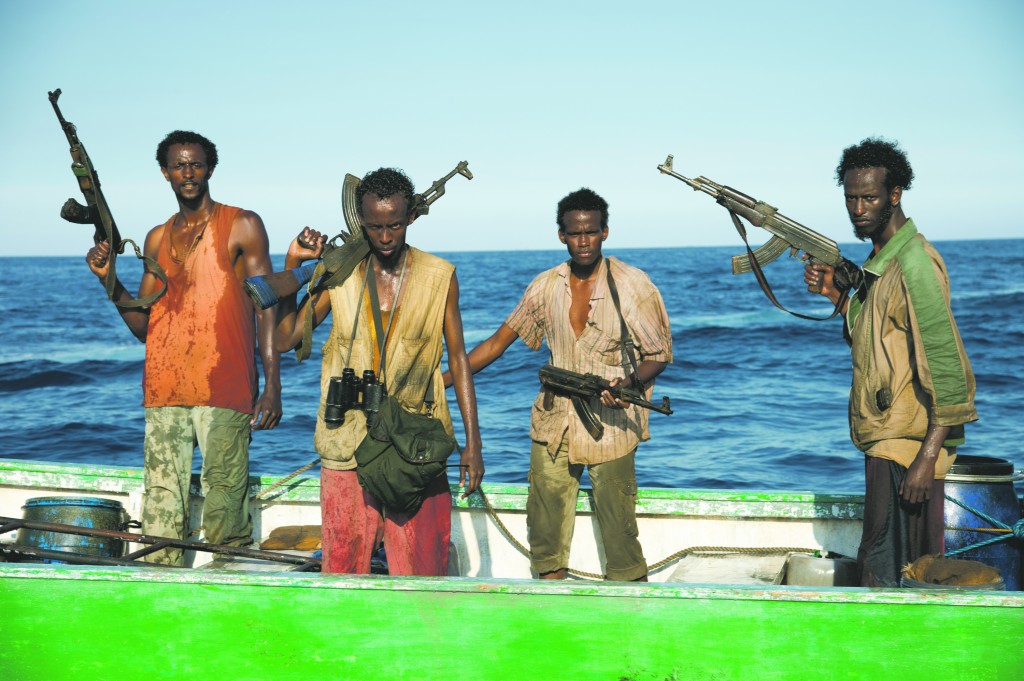
In an era where we get our news rapid-fire from online aggregators and skim through articles on phones during class, it can be difficult for the 21st-century attention span to retain stories. A story has to be absolutely extraordinary to generate prolonged discussion, or else it suffers the fate of being buried alongside so many other human interest story tweets or Reddit posts, sandwiched between cat gifs and confession bears. In this light, it is somewhat surprising that Captain Phillips’ story of survival and courage during an attempted hijacking by Somali pirates remains a large enough presence in our collective memory that four years after the incident, a film version is released to box office success.
Director Paul Greengrass is primarily known for action thrillers, and his treatment of this material is in the same vein. The film gets to the hijacking right away and spends the majority of its running time portraying it in the all-too-familiar Hollywood shaky-cam style. Not to say that it isn’t handled well — this is professional stuff all around. Just don’t be surprised if the film makes you nauseous.
As far as character development goes, there isn’t much here. The film begins with a brief discussion between Phillips and his wife in which he discusses concern for his children’s future in an increasingly complicated world. We get the sense that Phillips is a dedicated worker and loving husband, and that’s about it. Of the Somalis who end up hijacking his ship we learn even less, though we get a brief picture of the circumstances that lead them to such a pursuit. The film wisely chooses not to excessively demonize the pirates; they seem less like dangerous criminals and more like desperate people. Of Phillips’ crew we learn basically nothing, though they bear all the usual working-class signifiers; one of them even brings up his union membership during an argument.
What’s disappointing about this film is how rote it is. The problem with making a film about a well-publicized news story is that everyone will know the plot going into it. As a result, it’s hard to feel any sense of danger about a character you know is going to survive in the end. This problem could have been alleviated if the film concerned itself with some of the more complicated elements of the situation, perhaps by going more in-depth with the pirates’ story. At one point, Muse, the leader of the pirates, mentions to Phillips that they hijacked a Greek ship holding $6 million. When Phillips presses Muse about why they continue to steal if they’ve already gotten so much money, he is firmly told to stop talking. But really, I think there’s a missed opportunity here. How does the pirate trade work? There is talk of pirate bosses who need to be paid by the pirate underlings — what of them? Where does all that stolen loot go? The film is not particularly interested; all that information would just get in the way of the action.


